 |
| “The Knotted Gun” by Carl Fredrik Reuterswärd |
After being out of town for several days last week, I returned home to a writing deadline, packing Frank off to Pennsylvania to start his new job at Biblical Seminary, the ongoing saga of selling our house, and a system crash on my website.
So at the moment, I’m off my regular posting schedule and scrambling to catch up. I’ll post the next Lean In chapter on Friday. Sorry for the delay.
I saw a replica of “The Knotted Gun” sculpture (one of over 20 scattered around the world) for the first time at the WWII Museum of the French Resistance in Lyon, France where it silently spoke volumes.
It came to mind again as I contemplated writing this blog in an attempt to identify some of the triggers that cause spiritual abuse to flare up. What conditions set the stage for spiritual abuse in the first place—in work and church environments? How can we respond differently in ways that dismantle those triggers and prevent us from dishonoring one another as Christian brothers and sisters?
Dr. Phil Monroe has just returned from Rwanda, so after over a week away he’s catching up too and rejoining our discussion from a professional counseling prospective. Here’s his latest post on the subject:
My comments come from what I’ve been reading and from more than a decade of observing and listening to women’s accounts of spiritual abuse. Some of these women have become casualties and have left (or been forced to leave) positions of ministry. Some have left ministry and church altogether.
So to give us a starting point for discussion, I’ll take a stab at an overarching umbrella definition of triggers as the need to protect something, coupled with something or someone perceived as a threat.
Some examples of the kinds of things Christians leaders seek to protect are: power, authority, control, personal or ministry reputation, a theological position, manhood, or simply “the way things have always been done.”
Threats (or triggers) surface in such things as:
- Conflicts—of ideas, theology, male vs female, personalities, methods, styles
- Differences—of gender, personalities, backgrounds, cultures, ethnicity, experience
- Challenges—asking questions, concerns, criticisms, or introducing something new
- Fear of and/or resistance to change
Spiritual abuse is a destructive way of responding to these triggers when a person in a position of spiritual authority uses their authority and power to diminish others and deflect the focus away from the perceived threat, so that the overriding issue is no longer the dissenting viewpoint, but the dissenter themselves, who are made to feel they are somehow out of accord with God. They’re “unsubmissive,” “unspiritual,” or the “disturber of the peace.”
A good example is the female pastor who objected to being bullied by a male pastor in staff meetings and was subsequently rebuked as “Satan’s mouthpiece.”
Thankfully, we have other ways to respond to the triggers that, while asking more of us, open the pathway to growth and to live out the gospel in relationships and difficult situations in ways that God intends will set Christians apart from others in how we work together and handle our differences. This is, after all, a spiritual issue and there are spiritually constructive responses that God uses to help us grow and where we may even learn a thing or two from one another and discover change is something we all need to do. The fruit of the Spirit might be a good place to start.
But we have stories too.
A classic story is the Old Testament book of Ruth. The meeting between Ruth and Boaz in the barley field isn’t the sparking of a beautiful romance, but the dangerous convergence of the kinds of explosive combinations we hear about every day in the news.
Boaz is a native born Israelite. He was raised on the Mosaic Law. He enters the story with fanfare as a man of power, wealth, and stature. In stark contrast, Ruth is a brand new convert to faith in Yahweh. She lives at the bottom of the social ladder as she is female, poor and powerless, younger, widowed, barren, Arab, and an immigrant.
It gets worse.
This newcomer and scavenger in Boaz’s field has the audacity to challenge his understanding of Mosaic Gleaning Laws. Buttoned down Boaz is in perfect compliance with the letter of the law. This could have triggered spiritual abuse.
So what happened?
Ruth brings a different and, as it turns out, a missing perspective for she lives on the hungry side of the law. Ruth doesn’t want to take home scraps to her mother-in-law Naomi. The spirit of the law says, “Feed them.” So she makes an unusual and potentially offensive proposal to Boaz that shakes things up.
Boaz could have taken umbrage at her boldness and thrown her out of his field … or worse. Culturally, this was the predictable response. All of the men in her family were dead, and therefore she had no defender—except for God.
Did she make Boaz uncomfortable when she questioned the status quo? Was it annoying and disturbing to listen to this immigrant, this novice in the faith, this woman? Yes indeed.
Astonishingly, against all the cultural norms, Boaz listens and learns from Ruth. Instead of using his power to crush her dissenting voice and assert his spiritual superiority, he invests his power to promote her cause. (If you want more of their story, read The Gospel of Ruth—Loving God Enough to Break the Rules.)
I think of Ruth and Boaz, every time a woman tells me of her painful or incredible experience when she became the first woman on a church staff or ministry team or the lone woman on a church committee or enrolled in seminary and raised a delicate issue or a perspective the men hadn’t considered or when her presence meant the way of doing things needed to change. I hear so many stories that break my heart. But I also hear stories that fuel my hope that spiritual abuse can and will be displaced by that Blessed Alliance I keep talking about.
This is part of the challenge we are facing. I am eager to hear your thoughts.
What triggers have you observed that set up spiritual abuse? How can we address our differences in ways that honor one another and reflect the people Jesus calls us to be? How have you seen that happen? Or not?
Here is the complete series on Spiritual Abuse:
- It all started with Lean In: Seek and Speak Your Truth
- Part 1: This Can of Worms Must be Opened!
- Part 2: The Perfect Storm
- Part 3: The Many Faces of Spiritual Abuse
- Part 4: Identifying the Triggers of Spiritual Abuse
- Part 5: Standing Up to Spiritual Abusers
- Part 6: The Underlying Belief System of Spiritual Abuse
- Part 7: The Enablers of Spiritual Abuse … or When Silence isn’t Golden
Dr. Phil Monroe on Spiritual Abuse:
- Spiritual Abuse: What it is and Why it Hurts
- Why Do Some Spiritual Leaders Abuse Power?
- What Factors Support the Use of Spiritual Abuse?
- Four Belief System That Support Spiritual Abuse
- Do You Enable Spiritual Abuse?
- Failures to Act—Why we don’t always blow the whistle on abuse
Also by Frank A. James: Structural Patriarchy’s Dilemma for Women
Mary DeMuth: Spiritual Abuse: 10 Ways to Spot It
Rachel Held Evans: Series on Abuse




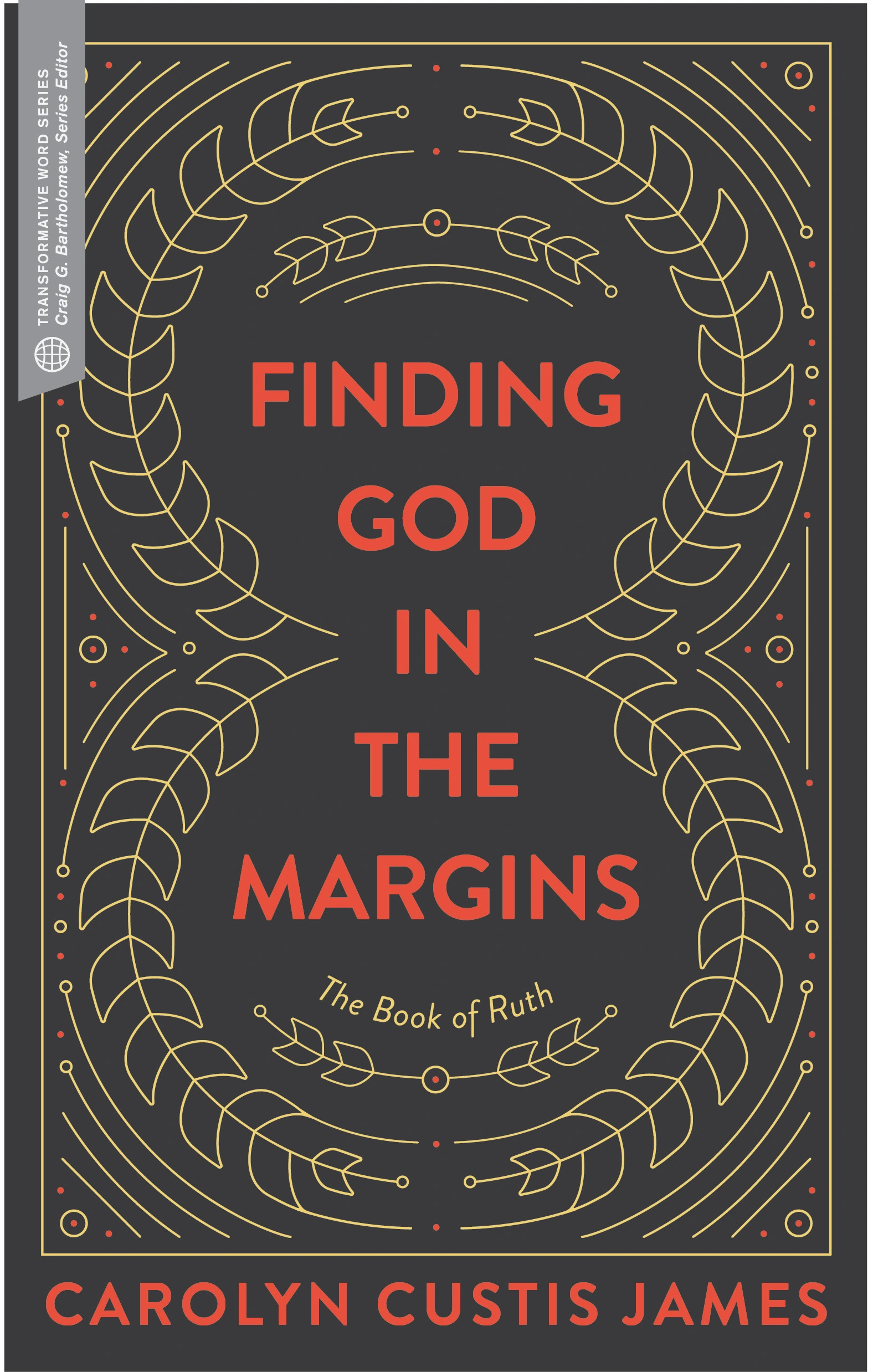
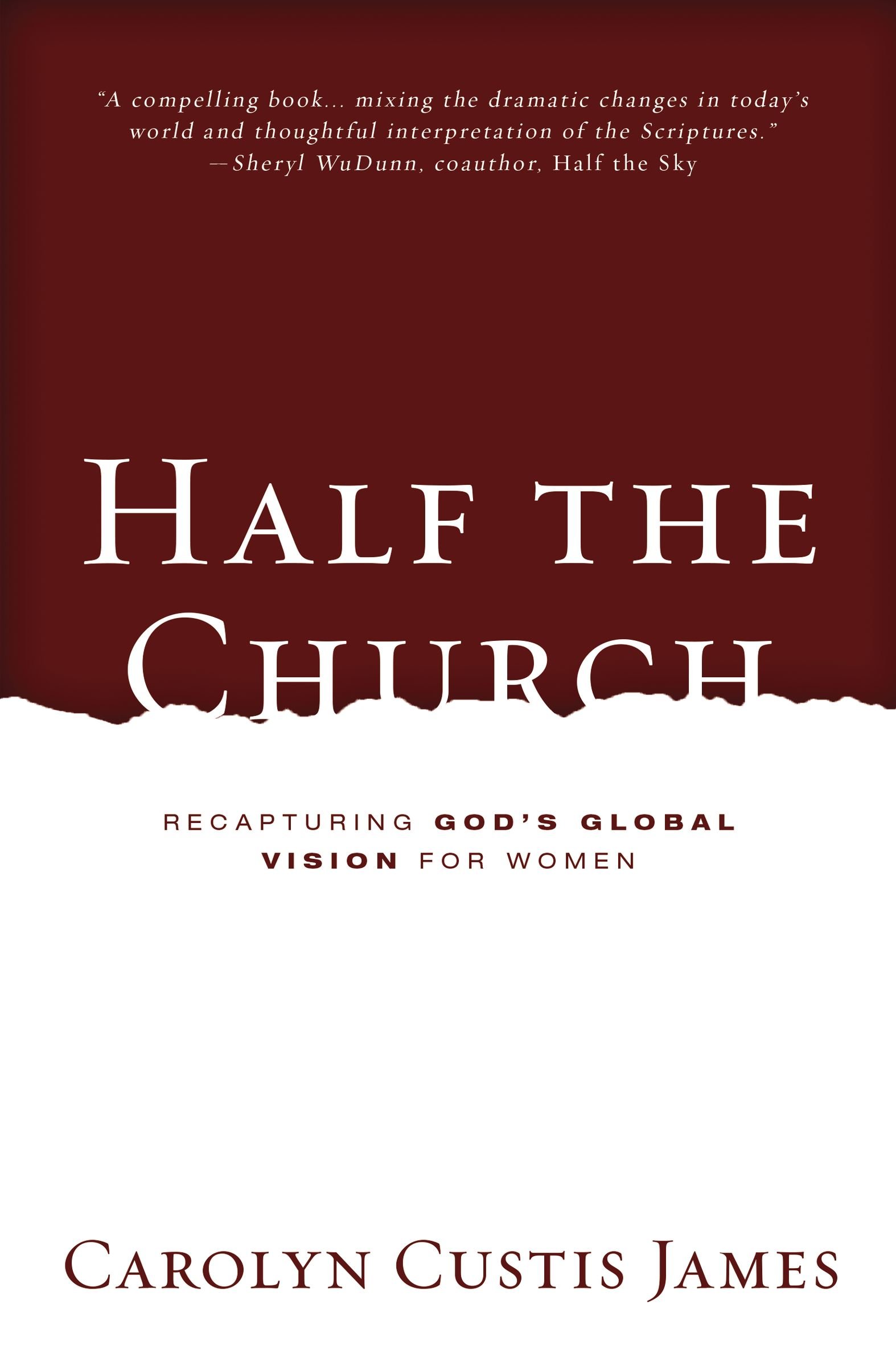
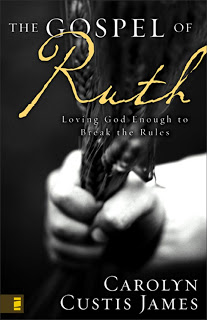
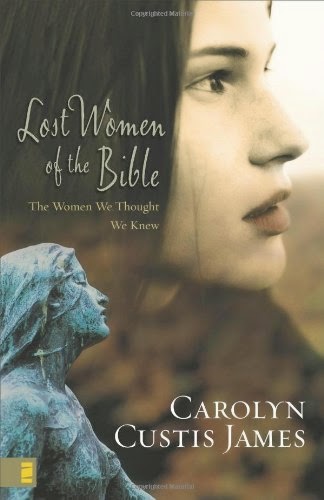






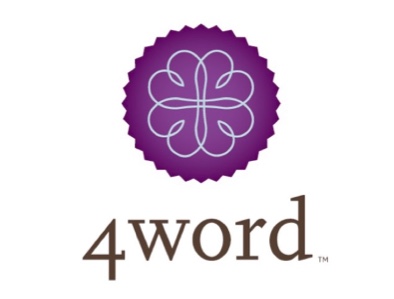
The triggers listed are pretty comprehensive. However, the categorization of being “emotional” is an effective way of shutting up anyone speaking the truth in love. The accuser tends mostly to launch into “proof-text” mode. Step 1- Accuse of being emotional on a topic. Step 2-lecture, monologue style. The other party isn't listening as they need to protect/defend from the charge. (No wonder that we don't know how to reach non-Christians if this is our MO)
LikeLike
Any credibility a woman has evaporates when someone describes her as “emotional.” It's announcement that she won't be heard.
You're right. It doesn't make us a very inviting community when that happens.
LikeLike
I heard an interview after the Sandy Hook shooting, in which a man whose expertise was in criminal profiling. The interviewer asked him for a profile of such a shooter, and he replied that she had asked the impossible. A profile is a description narrow enough that it can be used by law enforcement to help prevent crimes, and while he could provide a description of the typical mass shooter, it would be worse than useless because it would apply to a large segment of the population.
I have noted a few situations that seem to me to encourage and facilitate spiritual abuse, but I fear they also are too broad a brush, and I don't know how to make them practical.
One is a situation in which a church, organization, or individual is certain that they are right and most of the world is wrong, especially in a circle-the-wagons mentality. But confidence that one is doing the right thing is how progress is made, and do we really want to sink into a nothing matters, anything goes kind of wimpy “tolerance”?
Another is a cult of personality, which is a special danger in certain kinds of churches. It seems that few mortals are built to withstand the pressure of being worshipped, and deny it as they may, that's what's happening to the superstars of our world, be they basketball players, rock musicians, or megachurch pastors. Years ago, my husband worked for a summer in Bangladesh, for a man who hired him chiefly for his white face. With a white man present in the car, the driver could get to the front of the long lines, could get into places he'd otherwise be banned … and this was LONG after British rule had ended. The attitudes lingered on. My husband reported that when people keep treating you as if you were superior, it's hard not to begin to believe them. When people treat your words as the voice of God to them, it's a small step from there to speaking as the voice of God. And yet … is it any less foolish to deny that others — and we would hope that includes our pastors — have more experience and wisdom than we do?
Finally, there's the already-mentioned conspiracy of silence. Abuse is almost certain to happen in churches or other ministries where the people are pressured, or even just encouraged, not to discuss certain issues, because that would be “gossip” and damaging to the “purity and peace of the church.” I'd go so far as to suggest that if the leadership is going on about the latter, the “purity” part has probably already been badly damaged, and what they are really worried about is the “peace,” — that is, their reputations. But loose lips really do sink ships, as does mutinous talk, and gossip is an enormously destructive force. Do we risk letting that demon lose while attempting to corral the other?
No answers, just more problems and questions.
LikeLike
These are great articles and comments! I am reading Dangerous Calling by Paul Tripp so easy for power to get to the heads of those who only worry about horizontally what people think and not look vertically and spend time with our amazing God! Tripp incredibly documents his blindness. I am sure he was a spiritual abuser. His poor wife!
LikeLike
Pingback: The Perfect Storm | Carolyn Custis James
Pingback: From Angst to Action—Preventing Spiritual Abuse | Carolyn Custis James
Pingback: The Enablers of Spiritual Abuse … or when silence isn’t golden | Carolyn Custis James
Pingback: Structural Patriarchy’s Dilemma for Women | Carolyn Custis James
Pingback: The Underlying Belief System of Spiritual Abuse | Carolyn Custis James
Pingback: Standing Up to Spiritual Abusers | Carolyn Custis James
Pingback: Lean In: Let’s Start Talking About It | Carolyn Custis James
Pingback: This Can of Worms Must be Opened! | Carolyn Custis James
Pingback: The Many Faces of Spiritual Abuse | Carolyn Custis James
Pingback: Dis-abling spiritual abuse